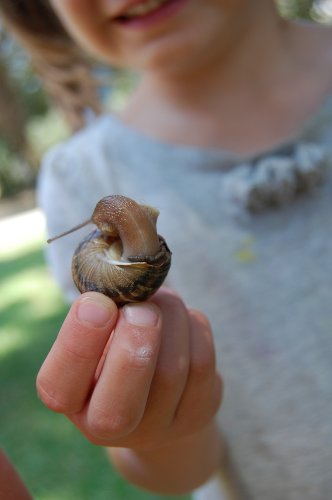Learning to care about the environment, plants, and animals requires exposure. Without that exposure children may not develop concern for the natural world. How do we allow our children to explore without harming the very plants and animals we want them to learn about? It's all about respect.
Children are naturally drawn to the outdoors. They bring home rocks, sticks, leaves, and maybe even little critters. There is a balance at play here. Children need to be a part of nature. They need time to get to know the world around them. Catching a worm or rolly polly is fun and educational.
I have never met an environmentalist that didn't bring home critters as a child. As your child grows and if you child is lucky enough to have the opportunity to gently catch insects, worms, salamanders or turtles there is one important rule you must teach them. Always return the animal to the place where you found it. Now you might say the worm will be fine if I move it to my garden and you are probably correct, but not all creatures will fair so well. For example, a box turtle lives it's life within a one mile radius. If you take it home and release it there it will most likely wander looking for home until it dies. On the other hand if your child observes the turtle for an afternoon (perhaps even sketches it), looks it up on the internet with you and learns about the new friend before returning it to it's home - that builds love and respect for the turtle. Allowing the turtle to continue its life.
So get outside with your child if you are able, whether you live in the country or in a city. A city park can provide an abundance of nature for a child to explore. Young children often put their hands in their mouths so have wipes handy, especially if touching amphibians or reptiles. A link to useful nature guides for learning about the plants and animals around us are below. And Always, return living creatures to the place where you found them!
Pocket Naturalist guides...
https://www.workshopplus.com/collections/pocket-naturalist-field-guides


